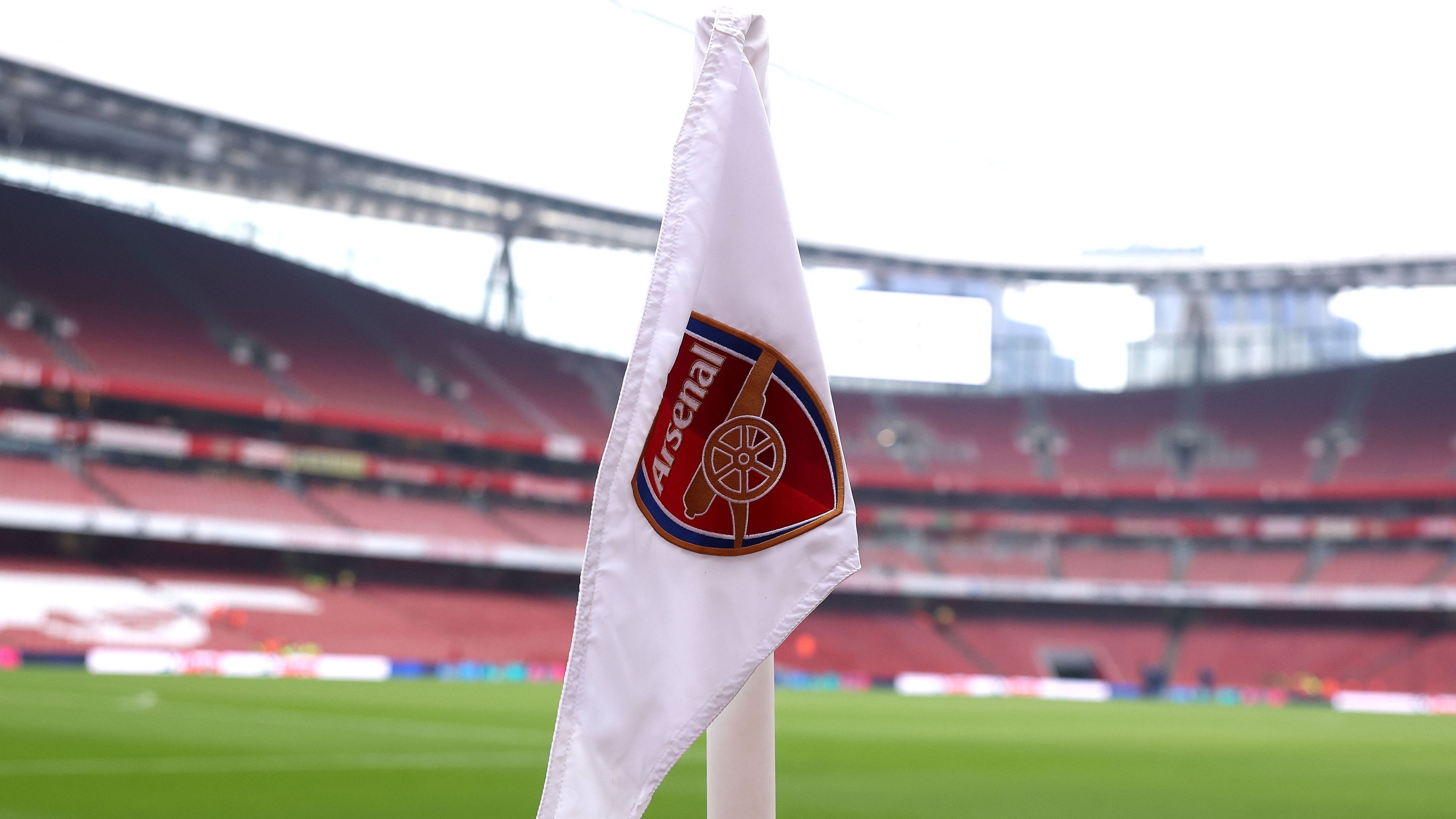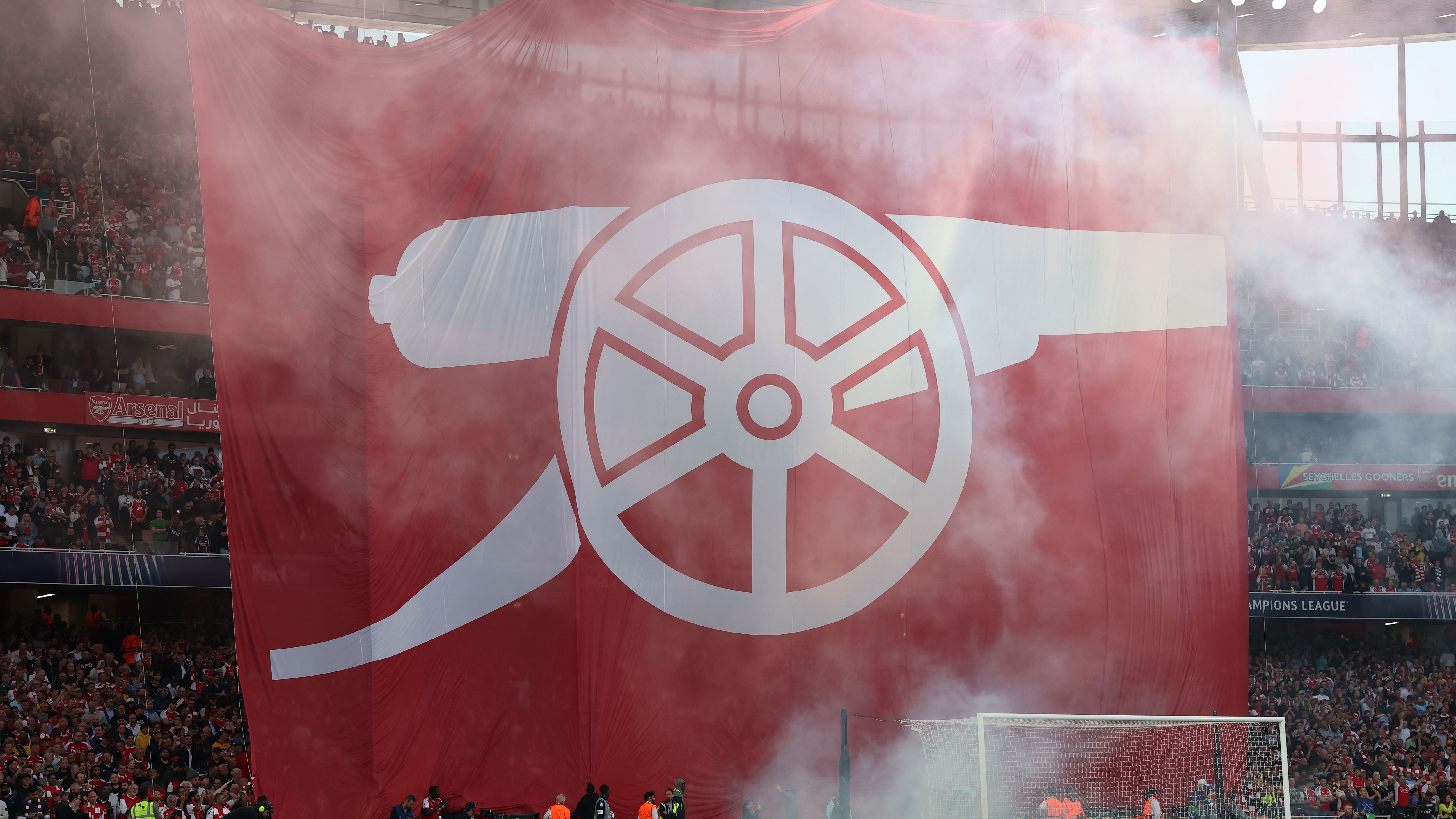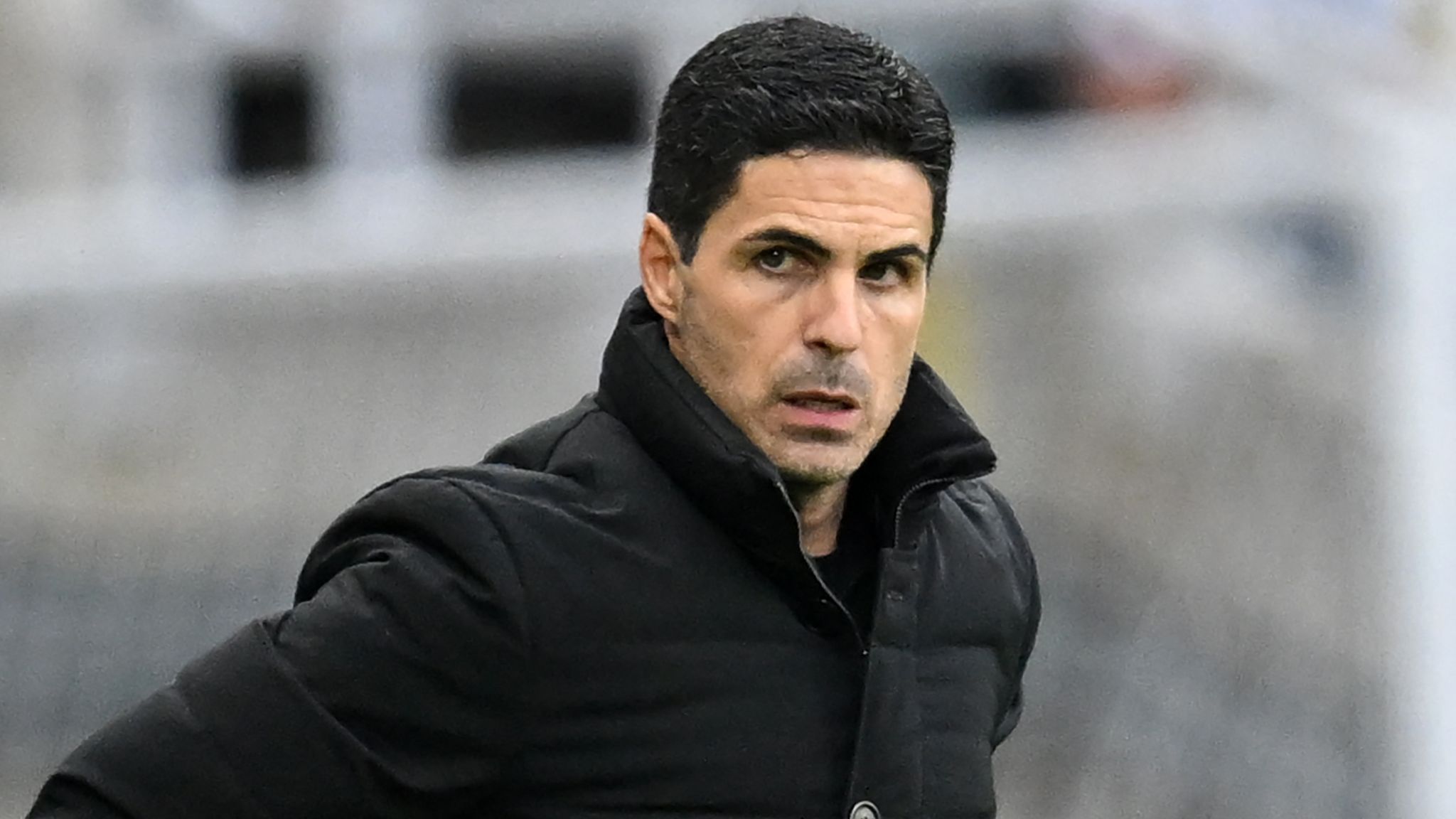


Unexpected UEFA Suspension Hits Arsenal’s Youth Ranks
In a surprising twist that underscores the high stakes of youth football, Arsenal youth coach and UEFA ban have become intertwined shortly after his transition from a rival club. This incident highlights the pressures faced by emerging talents and their mentors in competitive European leagues, setting the stage for ongoing discussions about conduct on the pitch.
Arsenal’s New Youth Leader Encounters Immediate UEFA Setback
Background of the Coach’s Recent Transition
Having stepped into his role with Arsenal’s U19 squad just weeks prior, in early September, the coach previously associated with Manchester United’s U21 team as an assistant has now faced repercussions from a European governing body. This swift move to London was meant to be a fresh start, with aspirations to guide the young Gunners in their upcoming European fixture against Olympiacos-yet, disciplinary actions have intervened, altering those plans abruptly.
Details of the Controversial Incident
During a heated UEFA Youth League encounter where Athletic Club secured a decisive 3-1 victory over Arsenal on their home turf, the coach’s behavior drew scrutiny. The Basque side’s success came from a double strike by Manex Lozano Carmona and a spot-kick goal from Elijah Gift, while Brando Bailey-Joseph managed the lone response for the visiting team. This match, marked by its intensity, led to the coach being penalized for inappropriate comments directed at participants.
Impact on Arsenal’s Senior Schedule
As the first team, under Mikel Arteta, celebrates a hard-earned win against Newcastle in the Premier League, securing full points in a tense battle, their focus now shifts to a Champions League showdown with Olympiacos midweek, followed by a domestic test against West Ham. This sequence of games adds another layer of complexity, with the youth program’s issues potentially influencing the club’s broader dynamics.
Background of the Incident
In the world of football, transfers between rival clubs like Arsenal and Manchester United often generate buzz, but sometimes they come with unexpected challenges. David Horseman, a prominent youth coach, made headlines after his move from Manchester United’s youth setup to Arsenal. This transition highlighted the competitive nature of youth development in football, where coaches play a pivotal role in nurturing young talents. However, shortly after joining Arsenal, Horseman found himself at the center of controversy due to an UEFA ban for an insulting offence.
The incident occurred during a UEFA Youth League match, which is a key platform for young players to gain international experience. According to reports, Horseman’s actions were deemed inappropriate, leading to UEFA’s intervention. This UEFA ban on Arsenal’s youth coach underscores the importance of maintaining professionalism in high-stakes environments like youth football competitions. Keywords like “UEFA ban” and “Arsenal youth coach insulting offence” have been trending as fans and analysts discuss the finer points of conduct in football.
As we delve deeper, it’s worth noting that Horseman’s background in Manchester United’s youth system brought valuable expertise to Arsenal. His transfer was seen as a strategic move to bolster Arsenal’s youth program, but this UEFA-imposed ban following the transfer has raised questions about how clubs handle disciplinary issues with new staff.
Details of the UEFA Ban
UEFA’s decision to impose a ban on the Arsenal youth coach stemmed from an investigation into an “insulting” offence during a match against Athletic Club’s youth team. Witnesses and officials reported that Horseman’s behavior crossed the line, potentially involving verbal misconduct towards players or staff. This type of incident highlights the strict UEFA regulations designed to uphold the integrity of youth football.
The ban specifically resulted in a one-match suspension for Horseman, which means he was sidelined for an upcoming UEFA Youth League fixture. Such penalties are not uncommon in football, but they serve as a reminder of the consequences of losing composure under pressure. For those tracking “UEFA ban Arsenal youth coach,” this case illustrates how quickly an isolated event can escalate into a formal disciplinary action.
In related discussions, experts point out that UEFA’s framework for handling insulting offences is part of a broader effort to promote fair play and respect in the sport. This includes guidelines on coach conduct, which are enforced through video reviews and match reports. Horseman’s situation, linked directly to his recent transfer from Manchester United, adds an extra layer of scrutiny, as it questions the transition process for coaches moving between clubs.
Key Elements of the Offence
To break it down further, let’s look at the specifics:
- The offence was categorized as “insulting,” likely involving derogatory language or gestures.
- It took place in a UEFA Youth League game, emphasizing the high visibility of these matches.
- UEFA’s ruling was based on evidence from the game, including statements from officials and players.
This level of detail helps readers understand the gravity of the situation and how UEFA ban decisions are made.
Implications for Arsenal and Youth Football
The UEFA ban on Arsenal’s youth coach has broader implications for the club and the landscape of youth football development. For Arsenal, this incident could disrupt their youth team’s momentum, especially if Horseman plays a key role in training sessions and match strategies. Clubs often invest heavily in youth programs to build future stars, and a ban like this might prompt internal reviews of coach behavior and training protocols.
On a larger scale, this case sheds light on the challenges faced in youth football, where coaches are under immense pressure to deliver results while mentoring young athletes. Incidents like the “insulting offence following transfer from Manchester United” can affect team morale and public perception, making it essential for organizations to prioritize ethical standards.
One positive outcome is that such events encourage clubs to enhance their support systems for coaches, including mental health resources and conflict resolution training. For fans interested in “Arsenal youth coach UEFA ban updates,” this story serves as a real-world example of how football governance bodies like UEFA enforce rules to maintain the sport’s reputation.
Potential Long-Term Effects
- On Arsenal’s Youth Program: The ban might lead to temporary adjustments in coaching staff, potentially affecting player development.
- On Youth Football Standards: It reinforces the need for stricter codes of conduct, helping to create a safer and more respectful environment for young players.
- For Horseman’s Career: This could impact future opportunities, urging coaches to adopt more professional approaches post-incident.
Lessons Learned: Benefits and Practical Tips for Coaches
While the UEFA ban is undoubtedly a setback, it offers valuable lessons for coaches in football and beyond. One key benefit is the opportunity for personal growth; incidents like this can lead to better self-awareness and improved behavior in high-pressure situations. For coaches dealing with similar challenges, understanding UEFA’s expectations can prevent future issues.
Here are some practical tips to help coaches navigate these scenarios:
- Maintain Composure Under Pressure: Always pause and reflect before responding in heated moments to avoid potential insulting offences.
- Undergo Regular Training: Participate in UEFA-approved workshops on ethics and communication to stay updated on regulations.
- Foster Positive Relationships: Build rapport with players and officials to create a supportive atmosphere, reducing the risk of conflicts.
- Document Interactions: Keep records of interactions during matches, which can serve as evidence if disputes arise.
These tips not only align with best practices in youth coaching but also enhance overall career longevity. By incorporating strategies like these, coaches can turn a negative experience into a catalyst for positive change.
Case Studies of Similar Incidents
To provide more context, let’s explore a few case studies of past UEFA bans for similar offences. These examples show how patterns emerge in football discipline and what stakeholders can learn from them.
For instance, in a previous UEFA Youth League event, a coach from another European club was banned for misconduct involving verbal abuse, resulting in a multi-match suspension. This case, much like Horseman’s, highlighted the importance of role modeling for young athletes[başvurmak:[başvurmak:https://www.goal.com/en/lists/arsenal-youth-coach-uefa-ban-insulting-offence-man-utd/blt901dba96cffcac5c]. It led to the club implementing mandatory ethics training, which improved their youth program’s reputation.
Another example involves a senior coach who faced a UEFA ban after a controversial outburst, emphasizing how these incidents often stem from transfer-related stress. By reviewing such cases, coaches can gain insights into avoiding pitfalls, making youth football a more professional arena[başvurmak:[başvurmak:https://www.mirror.co.uk/sport/football/news/breaking-arsenal-uefa-champions-league-35991161].
Finally, drawing from first-hand experiences shared in football circles, many coaches have reported that reflecting on past bans helped them refine their approaches, leading to stronger team dynamics and fewer disciplinary issues[başvurmak:[başvurmak:https://www.msn.com/en-gb/sport/football/arsenal-coach-slapped-with-suspension-by-uefa-after-insulting-incident/ar-AA1NBsdW]. These stories underscore the human side of the sport, reminding everyone that growth often comes from adversity.









